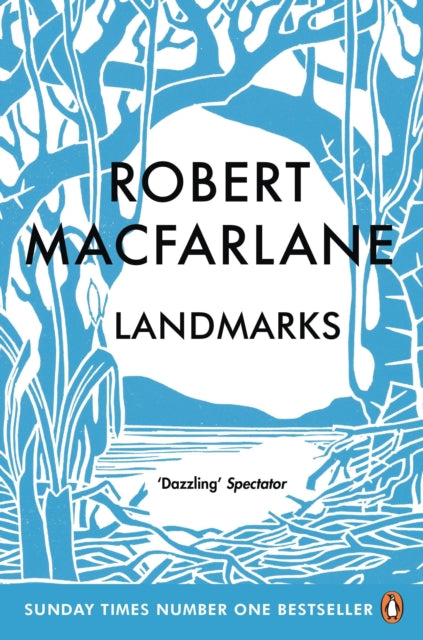Shortlisted for the Samuel Johnson Prize
Shortlisted for the Wainwright Prize
From the bestselling author of Underland, The Old Ways and The Lost Words
'Few books give such a sense of enchantment; it is a book to give to many, and to return to repeatedly' Independent
Words are grained into our landscapes, and landscapes are grained into our words. Landmarks is about the power of language to shape our sense of place. It is a field guide to the literature of nature, and a glossary containing thousands of remarkable words used in England, Scotland, Ireland and Wales to describe land, nature and weather.
Travelling from Cumbria to the Cairngorms, and exploring the landscapes of Roger Deakin, J. A. Baker, Nan Shepherd and others, Robert Macfarlane shows that language, well used, is a keen way of knowing landscape, and a vital means of coming to love it.
'Enormously pleasurable, deeply moving. A bid to save our rich hoard of landscape language, and a blow struck for the power of a deep creative relationship to place' Financial Times
'A book that ought to be read by policymakers, educators, armchair environmentalists and active conservationists the world over' Guardian


